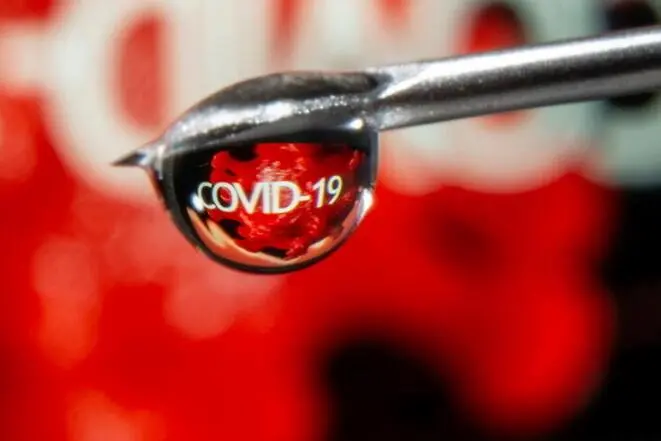PHOTO
RIYADH: Saudi Arabia is to send medical supplies, including one million doses of COVID-19 vaccine to Tunisia, where infections are rapidly rising.
King Salman has directed the King Salman Humanitarian Aid and Relief Center (KSrelief) to urgently support the North African country, Saudi Press Agency reported on Monday.
The move was in response to a request from Tunisian President Kais Saied during a call with Crown Prince Mohammed bin Salman on Friday.
Dr. Abdullah Al-Rabeeah, general supervisor of KSrelief, said the directive “comes as an affirmation of the depth of the strong relations that bind the leaderships of the two countries.”
He said the aid includes 190 artificial respirators, 319 oxygen tanks, 150 medical beds, and 50 vital signs monitoring devices with trolleys, as well as 4 million medical masks, 500,000 medical gloves, 180 pulse oximeters, 25 intravenous drug pumps, nine defibrillators, 15 video laryngoscopes, and five electrocardiographs (ECG).
Tunisia has been struggling to control the rapid spread of the virus. The country’s health care system is under severe stress and oxygen supplies are depleted.
After successfully containing the virus in the first wave last year, Tunisia is now grappling with a rise in infections. It imposed a lockdown in some cities starting last week, but rejected a full national lockdown over concerns about the impact on the economy.
On Sunday, it recorded 106 deaths and reported 4,300 new coronavirus cases.
The total number of coronavirus cases so far in the country has climbed to more than 500,000, with about 16,500 deaths, yet vaccinations lag far behind other countries.
So far, only 715,000 people have received two doses out, which is less than 6 percent of the total of 11.6 million population. The army has been deployed to help remedy the situation but vaccines remain scarce.
“We are in a catastrophic situation ... the health system has collapsed, we can only find a bed in hospitals with great difficulty,” said health ministry spokesperson Nisaf Ben Alaya.
Intensive care units are full and there is a severe shortage of oxygen, officials said.
Disclaimer: This article is provided for informational purposes only. The content does not provide tax, legal or investment advice or opinion regarding the suitability, value or profitability of any particular security, portfolio or investment strategy. Read our full disclaimer policy here.
© Arab News 2021





















